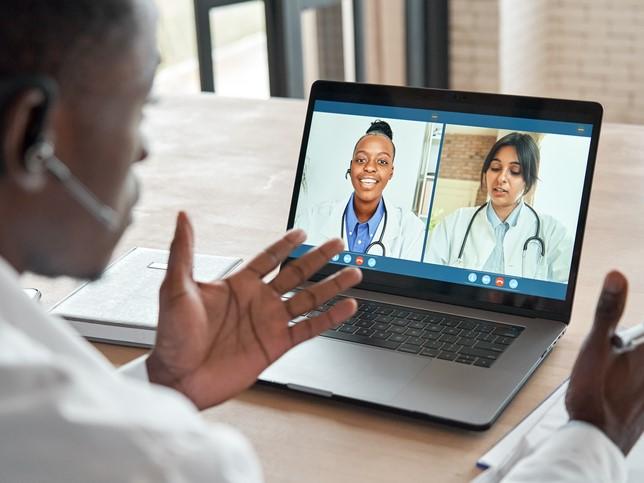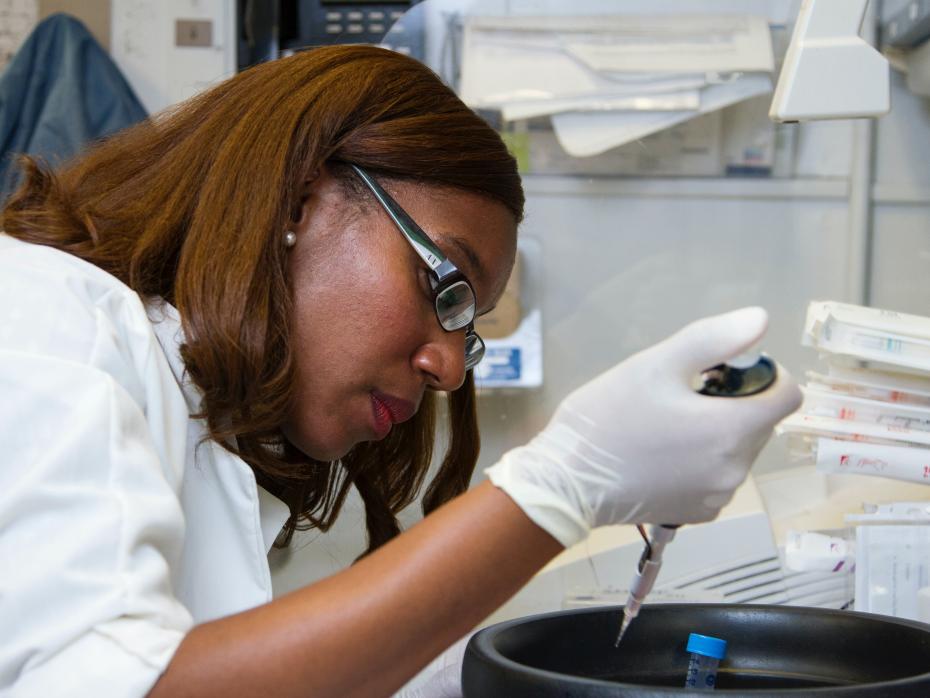
How to deliver healthcare education in a hybrid world

You may also like
While many degree subjects can be delivered fully online, healthcare degrees present a distinct set of challenges because access to clinical settings and in-person patient interactions are essential to achieve learning outcomes.
As we know, the pandemic drove a rapid transition to online learning and a range of new remote teaching approaches. For healthcare, there was another layer of complexity as teaching staff were often diverted from clinical education into urgent patient care and Covid training roles within hospitals.
The resulting reduction in clinical learning opportunities for students has accelerated the transformation of curricula and the introduction of heretofore unconsidered changes that will profoundly influence the delivery of healthcare education into the future.
The following innovations have been key to preparing final year students to join the front line as appropriately graduated essential healthcare workers and ensuring all student years progress with adequate experience of clinical environments and assessment:
Create learning communities
In-person interaction and skills development is essential in healthcare training. To maximise on-campus education time, create “learning communities” where a small number of the same students attend classes, laboratories and libraries in “pods” for portions of the week. This provides a more personalised experience through small-group teaching. The pods facilitate safe campus access for students where there may be restrictions on mass gatherings. They also limit the impact of any infection outbreak, where testing and isolation might only apply to the specific pod rather than the whole class.
- Immersive tech in teaching and learning: first steps into the metaverse
- Developing virtual experiential learning: key takeaways
- New modes of practicum – synergising online and offline teaching modes
Get creative with simulation
When access to clinical settings is curtailed, training must pivot to the simulated environment. A strong simulation team is key to developing novel teaching and delivering the learning outcomes that students would typically achieve from real-life situations.
A virtual TeleSim programme can supplement restricted clinical placements. These programmes include student telephone and video consultations with simulated patient “actors”, online skills tutorials and live video feedback on task performance from clinical teaching staff and skills training on high-fidelity simulated mannequins to practise technical and non-technical skills safely in a virtual environment.
Mock hospital wards can be utilised to prepare final-year students for practice when non-essential hospital access is curtailed. This can include, for instance, simulated overnight/on-call training experiences to prepare those who are training for specialist rotations such as obstetrics.
Utilise novel assessment methods
The validity of high stakes exams, including those involving patients and multiple clinical examiners, is core for healthcare degrees. When students cannot be assessed in a large exam hall or in hospital settings, a series of approaches are required to ensure validation of written and clinical examinations.
Written examinations can be undertaken with “proctoring” by commercial products that confirm the absence of external persons or aids in performance of students in “exam-like” online conditions. At RCSI we have fully moved to online written examination formats across our medicine programmes.
Clinical exams can be managed to involve patients, students and examiners, all safely in separate locations, including hospital and simulation settings, but running to a common virtual interview/exam environment. This can be managed for “long case” (detailed clinical) exams and overseen by exam invigilators in high infection control situations. A partially online format can fulfil continued campus safety requirements for long case clinical examinations in a more relaxed infection control situation. Online examiners can be livestreamed from their hospital locations into the examination, where they can fully interact with patients, students and invigilators.
In summary, the pandemic resulted in the acceleration of the transformation of our curricula; it also resulted in innovations that were never previously imagined. In just one year, faculty and registry staff have built educational and assessment competencies, skills and technical capacity in ways that would otherwise have been hard to envisage. The changes achieved can also support more shared education and assessments across campuses, all supporting quality assurance and enhancement goals.
We have also engaged intensely with students about the changes described in ways that are positively changing our long-term partnerships. Overall, every aspect of our education provision has been influenced in ways that have been constructive, if hard learned. Our challenge is now continuing to embed them.
Similar lessons learned by universities internationally create the potential to drive a once-in-a-generation opportunity for progress in higher education. That progress will be achieved through dialogue, through sharing of experience and expertise, and in time through competition, where the best lessons will be taken up by the most strategic innovators.
Hannah McGee is deputy vice-chancellor for academic affairs at RCSI University of Medicine and Health Sciences in Dublin.
RCSI University of Medicine and Health Sciences has been shortlisted for Outstanding Support for Students at the THE Awards 2021. A full list of shortlisted candidates can be found here with the winners due to be announced at a ceremony on 25 November.
Academics and university leaders from across the UK and Ireland will come together at THE Campus Live UK&IE to talk about institutional strategies, teaching and learning, the student experience and more. Join us for this two-day event in London.


